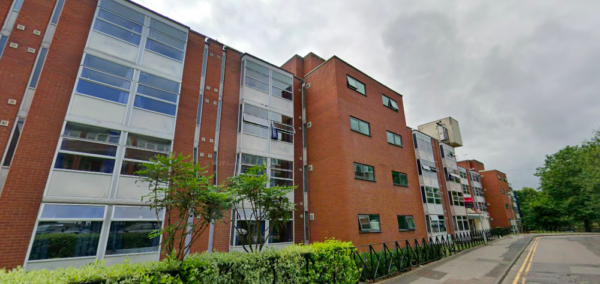
New report exposes widening ethnicity and disability pay gap at University of Manchester
The number of BAME staff decreased in 2023 and disability pay gaps increased to 16.1 per cent and 10.3 per cent
A new report released by The University of Manchester has revealed a widening pay gap between university staff.
Including data relating to sexual orientation for the first time, the annual gender, religion, ethnicity, and disability pay gap report reported that the ethnicity and disability pay gap has increased over the last year.
Compared to 2022, the report showed that the mean ethnicity pay gap has stayed the same at 15.6 per cent, while the median gap increased from 12.4 per cent to 13 per cent.
It is stated that the number of BAME (Black, Asian and Minority Ethnic) staff at the university did decrease from 23.5 per cent in 2022 to 23.1 per cent in 2023. It was explained that the reason for the widening of the pay gap is because of staff entry into lower-paid grades.
The report also shows an increase in the disability pay gaps, which were first reported on in 2021. These pay gaps are now reported on at 16.1 per cent and 10.3 per cent.
Meanwhile, the mean and median gender pay gaps at the university have narrowed more since reporting began in 2017 and are now respectively at 12.8 per cent and 8.2 per cent.
Religion and sexual orientation were also included, with the difference in pay between those who declared themselves as heterosexual and those who identify as LGB+ being 12 per cent (mean) and 8.2 per cent (median), with the mean pay gap for religion at -3 percent and the median at 0 per cent.
The analysis of the report by The University of Manchester states that while gender pay gaps narrowing is positive, the measures put into place in 2o22 are unlikely to have had affect at the time of the 2023 report.
Most Read
They also say that their analysis confirms that the factors contributing to the pay gaps is the under-representation of women, BAME, disabled and LGB+ staff in the higher paid jobs at the university.
The university says it is committed to developing actions which will “accelerate” the closing of the pay gaps including specific activities to address the gaps, facilitated awareness sessions with staff network groups and the prevision of quarterly equality, diversity and inclusion data to allow ongoing monitoring of trends.
The full report is available here.



















